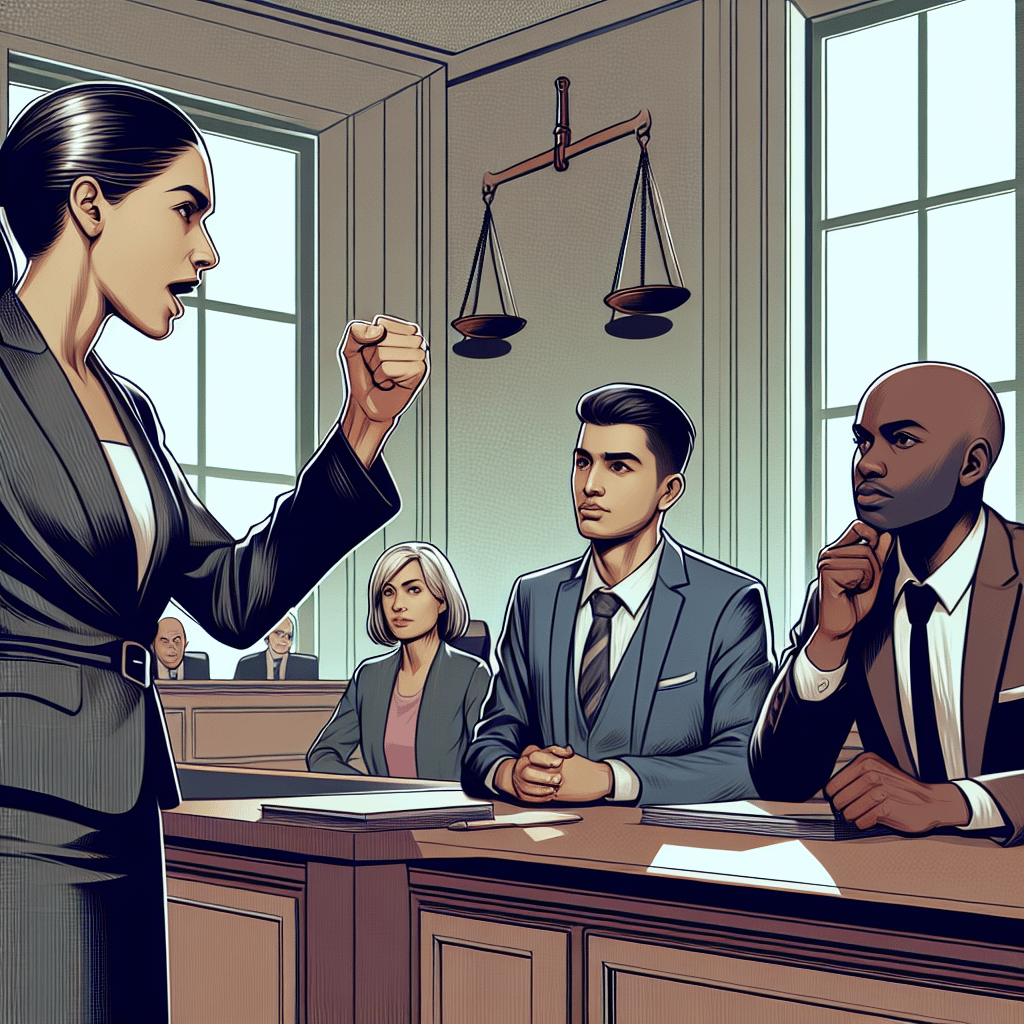We all know how challenging it can be to navigate the aftermath of a personal injury. The physical recovery is often just one part of the journey. Many people also experience significant emotional stress, anxiety, or even depression due to their injury. This brings us to a common question: Can you claim compensation for stress after a personal injury?
Understanding Personal Injury Claims
Let’s start by breaking down what a personal injury claim involves. When you sustain an injury due to someone else’s negligence—be it a car accident, workplace incident, slip and fall, or similar situation—you might be entitled to compensation. This typically covers damages like medical expenses, lost wages, and sometimes non-economic damages like pain and suffering.
What About Stress?
When people mention stress in the context of a personal injury, they are often referring to the psychological and emotional toll that the incident has taken on them. This is where non-economic damages come into play. Non-economic damages are meant to compensate for intangibles, which can include pain and suffering, emotional distress, and in some cases, conditions like post-traumatic stress disorder (PTSD).
How Emotional Distress is Evaluated
You may wonder how something as subjective as emotional distress can be quantified for a legal claim. While there’s no straightforward formula, the impact of emotional distress is evaluated based on several factors:
1. Severity and Duration: How severe is your emotional distress, and how long has it persisted? 2. Medical Records: Have you needed therapy, counseling, or medication as a result of your emotional distress? Documentation from mental health professionals can play a crucial role in substantiating your claim.
3. Impact on Daily Life: Has the stress affected your ability to work, maintain relationships, or perform daily activities?
4. Expert Testimony: In some cases, the testimony of a psychologist or psychiatrist can help support claims of emotional distress.
A Closer Look with Examples
Imagine you were in a car accident caused by a distracted driver. Not only did you suffer a fractured arm, but you now also experience anxiety every time you sit in a car. If your anxiety is severe enough to require therapy or prevents you from driving, it might be classified as emotional distress.
Or consider another scenario: You slipped on a wet floor in a grocery store, resulting in a concussion. Subsequently, you’ve become fearful of going out, especially to crowded places similar to where your accident occurred. If these fears are limiting your activities and require professional intervention, they may constitute emotional distress for which you can claim compensation.
Practical Tips for Pursuing a Claim
1. Document Everything: Keep detailed records of your emotional and physical symptoms, as well as how they affect your life. This can include a journal or notes about how you’re feeling daily.
2. Seek Professional Help: Aside from assisting with your recovery, getting help from a mental health professional can provide you with official documentation that supports your claim.
3. Legal Advice: Consider consulting with a personal injury lawyer. They can help assess the strength of your emotional distress claim and guide you on how to proceed.
4. Gather Evidence: Beyond medical records and personal documentation, supportive evidence like witness statements can strengthen your case.
5. Understand the Legal Standards: Emotional distress claims can vary significantly in how they’re handled from one state to another. Being aware of the specific legal standards in your area can make a big difference.
Navigating a personal injury claim that includes emotional distress can seem daunting, but knowing you’re not alone—and that there is a path forward—can be incredibly reassuring. While the process can be complex, it’s important to recognize that compensation for emotional distress is possible and could be a crucial part of your recovery journey. Remember, reaching out for professional help and legal advice is a step in the right direction.








